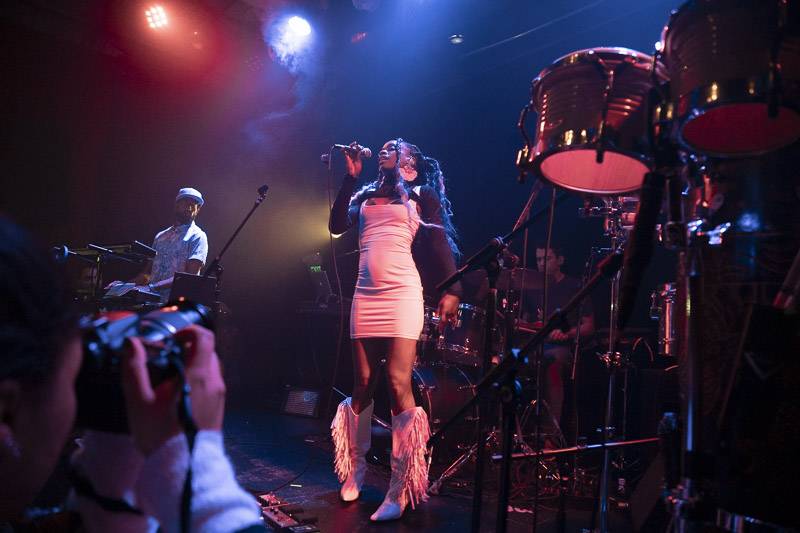Concerts are on the calendar again at many Bay Area venues, and festivals like Stern Grove and Healdsburg Jazz will be in full swing later this month. To onlookers, it might seem like the live music industry is well on its way to recovery after over a year of COVID shutdowns.
But behind the scenes at many small concert halls and clubs, it’s a different story. Most venues in California are still waiting for long-delayed emergency funding from the federal government’s Shuttered Venue Operators Grant (SVOG), which would provide much-needed cash flow required to resume business—45% of each venue’s 2019 gross revenue, to be exact. For many, that’s hundreds of thousands, if not millions, of dollars.
“In all honesty, independent venues in San Francisco are probably in a worse spot today than they were even just a couple months ago because of this delayed funding,” says Casey Lowdermilk, assistant general manager of Bill Graham Civic Auditorium and an organizer with San Francisco Venue Coalition and National Independent Venue Association. “I’m hearing from venues that they don’t have enough capital to buy liquor to stock their bars, they don’t have enough capital to pay artist deposits.”
The rollout of the $16 billion SVOG fund has been troubled from the start. First introduced in Congress in July 2020, the Save Our Stages Act—which created the grant—was only signed into law in December of that year, after numerous independent venues across the country had already shut down permanently, and others took on significant debt. After several more months of silence, the Small Business Administration (SBA), which administers the grant, opened applications on April 8 but shut down the portal the same day because of technical issues. Finally, applications reopened on April 26. And although 14,020 applications were submitted nationwide, the SBA has only awarded 90 grants, with 16 of those to venues and events producers in California.


